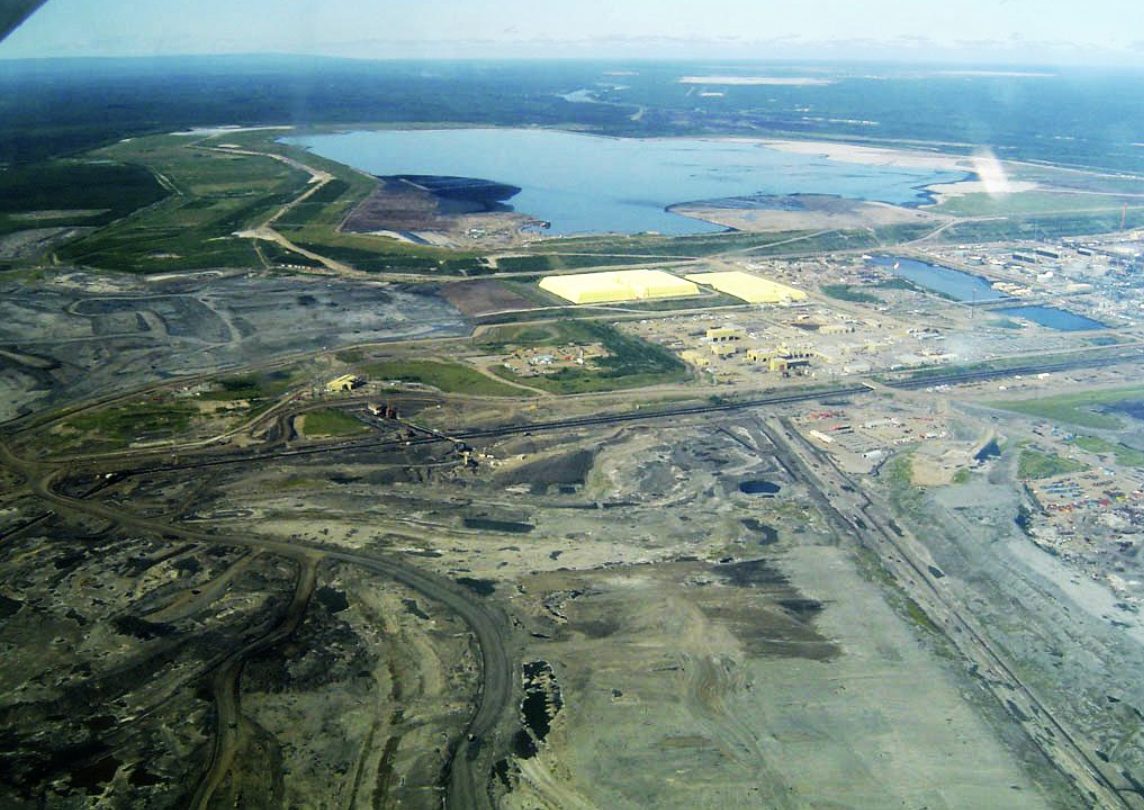We’ve heard lots of good reasons to fix or end NAFTA, but the most important one has been ignored. It’s the energy proportionality clause, a rule like no other in the world. Under it, Canada must make available for export to the U.S. three-quarters of its oil production and over half its natural gas. If left in place in NAFTA 2.0, the rule can single-handedly prevent Canada from achieving its Paris climate promises.
Proportionality’s rule really only applies to Canada. Mexico got an exemption and is still a full NAFTA member. Proportionality doesn’t really apply to the U.S. either because it imports much more oil than it exports and will continue to do so. Canada exports seven times as much oil to the U.S. as flows the other way.
Locking Canada into making a majority of our carbon fuels available for export is bad enough, but the proportionality rule has a little-known clause that makes it much worse. Exporters can’t disrupt “normal channels of supply” or “normal proportions among specific energy” goods. This means that although bitumen (oil sands oil) is one of the most carbon-intensive, and locally damaging fuels on the planet, and fracked gas can be a worse emitter of greenhouse gases than coal, Canada cannot phase them out faster than conventional oil or natural gas. Canadians will need the less damaging conventional oil and gas, in steadily diminishing amounts, as we transition to a post-carbon future by mid-century.
What’s really galling about the proportionality rule, is that big oil corporations can make any decisions they want regarding the amounts and kinds of oil exported for profit reasons, but governments are hamstrung from making such decisions to serve the public interest, although it is they that are elected by citizens.
Oil interests underplay the global impact of Canada’s carbon emissions and from Alberta’s oil sands in particular. Both are important and growing. Canada is the 38th most populous country in the world, but its ninth greatest carbon polluter. With a mere 0.49 per cent of the world’s people, Canada emits 1.54 per cent of global carbon emissions, three times its per capita fair share. This heightens Canada’s climate challenge. To reach international climate equity by 2050, Canada must make more far-reaching changes than most countries.
That includes quickly limiting and reducing the production of oil and natural gas because they are Canada’s largest and fastest growing source of emissions. Both carbon fuels are mainly produced for export to the U.S. All of Canada’s natural gas and 99 per cent of its oil exports head south of the border. Thirty per cent of Canada’s gas is used up to make oil sands oil. Jim Dinning, a former treasurer in Ralph Klein’s Conservative government in Alberta likened this to turning gold into lead.
The Ministry of Environment and Climate Change forecasts that Canada will fail to meet its Paris climate promises of a 30 per cent reduction from its 2005 level. They single out Alberta’s oil sands as the main problem. “The growth in emissions to 2030 is driven largely by growth in the upstream oil and gas sector and, in particular, from the oil sands.”
In a report I’ve written on NAFTA and climate change, to be released in March, the research shows that Canada can reduce emissions much faster by 2050 if it goes proportionality-free than it can if it remains bound by NAFTA’s proportionality straitjacket. Remaining bound by proportionality requires more oil sands oil, more fracked oil, more fracked gas and more oil exports. As well, the rule virtually prevents Canada from diverting domestic oil that is currently exported to the US, to eastern Canadians instead, to replace all oil imports and give them energy security.
At the Paris climate talks two years ago, Prime Minister Justin Trudeau and Environment Minister Catherine McKenna proclaimed that Canada is back and pushed other countries to aim to limit global warming to a tougher 1.5-degree Celsius rise from pre-industrial levels, than the two-degree rise developed countries were committed to. If Trudeau’s government is serious about its Paris promises, it must be bold and put ending the proportionality rule at the top of Canada’s NAFTA demands. If Mexico is not subject to proportionality, why should Canada be?
Gordon Laxer is the founding director of Parkland Institute at the University of Alberta. His book After the Sands: Energy and Ecological Security for Canadians was a finalist for the 2016 John W. Dafoe Prize for non-fiction. This article first appeared in the Vancouver Sun.
He will speak on NAFTA and climate change Feb 13 at 7 p.m. at Mt. Pleasant Neighbourhood House West Hall in Vancouver. Admission is free.
Like this article? Please chip in to keep stories like these coming.




